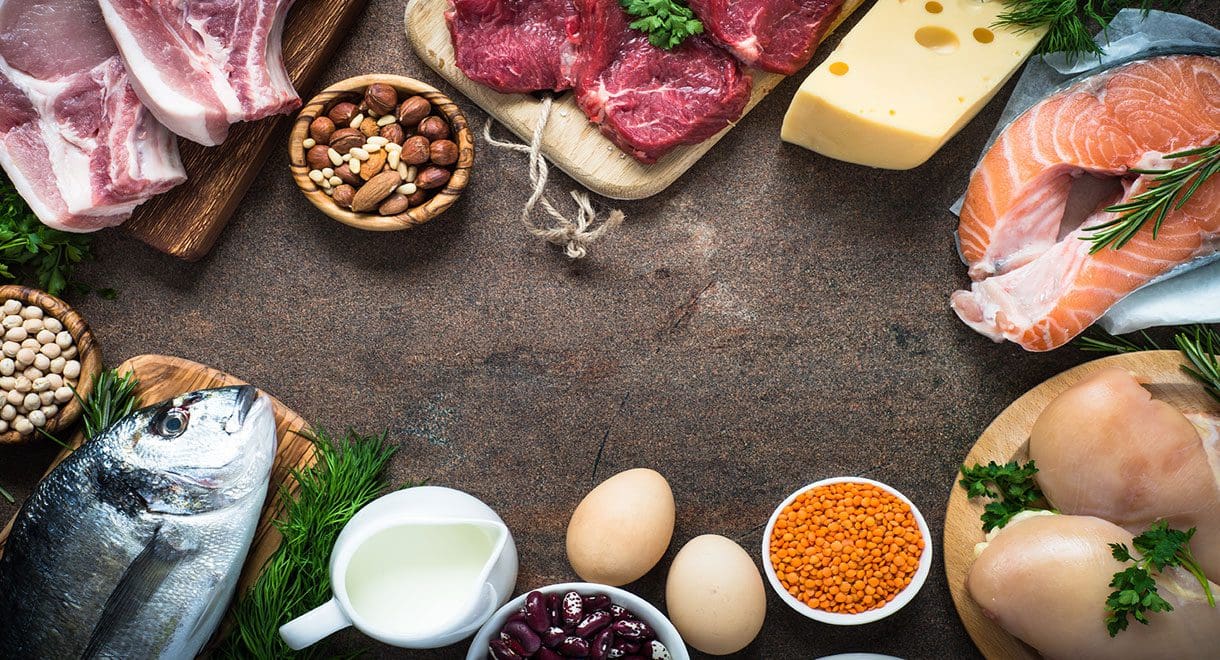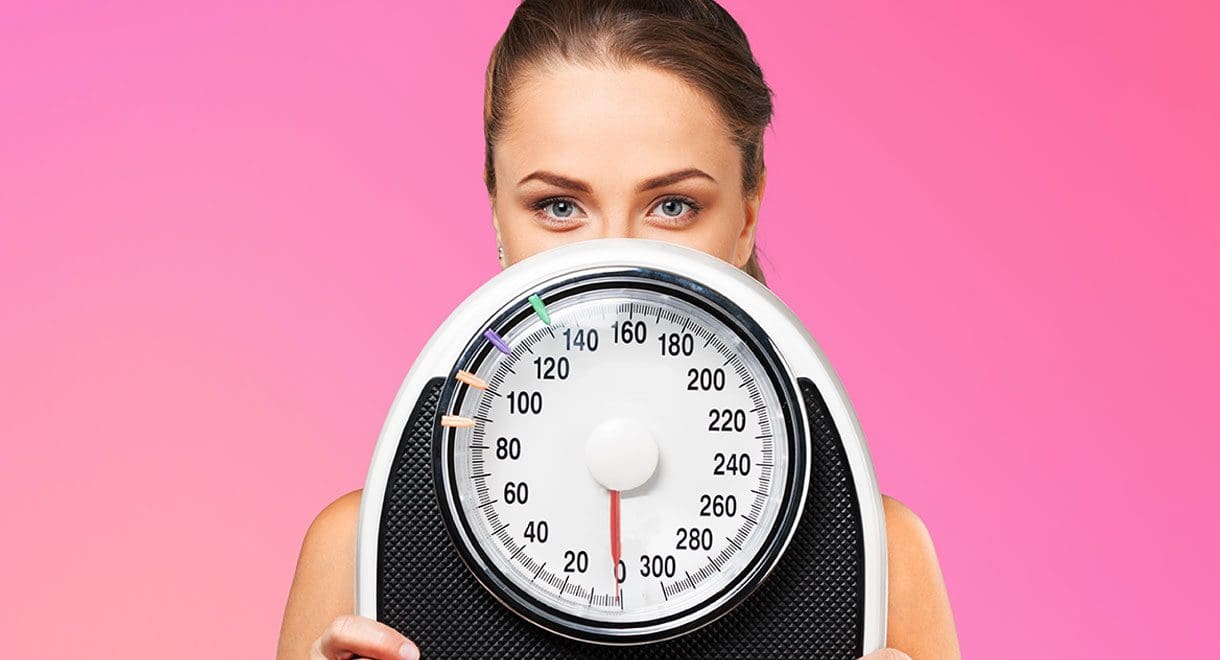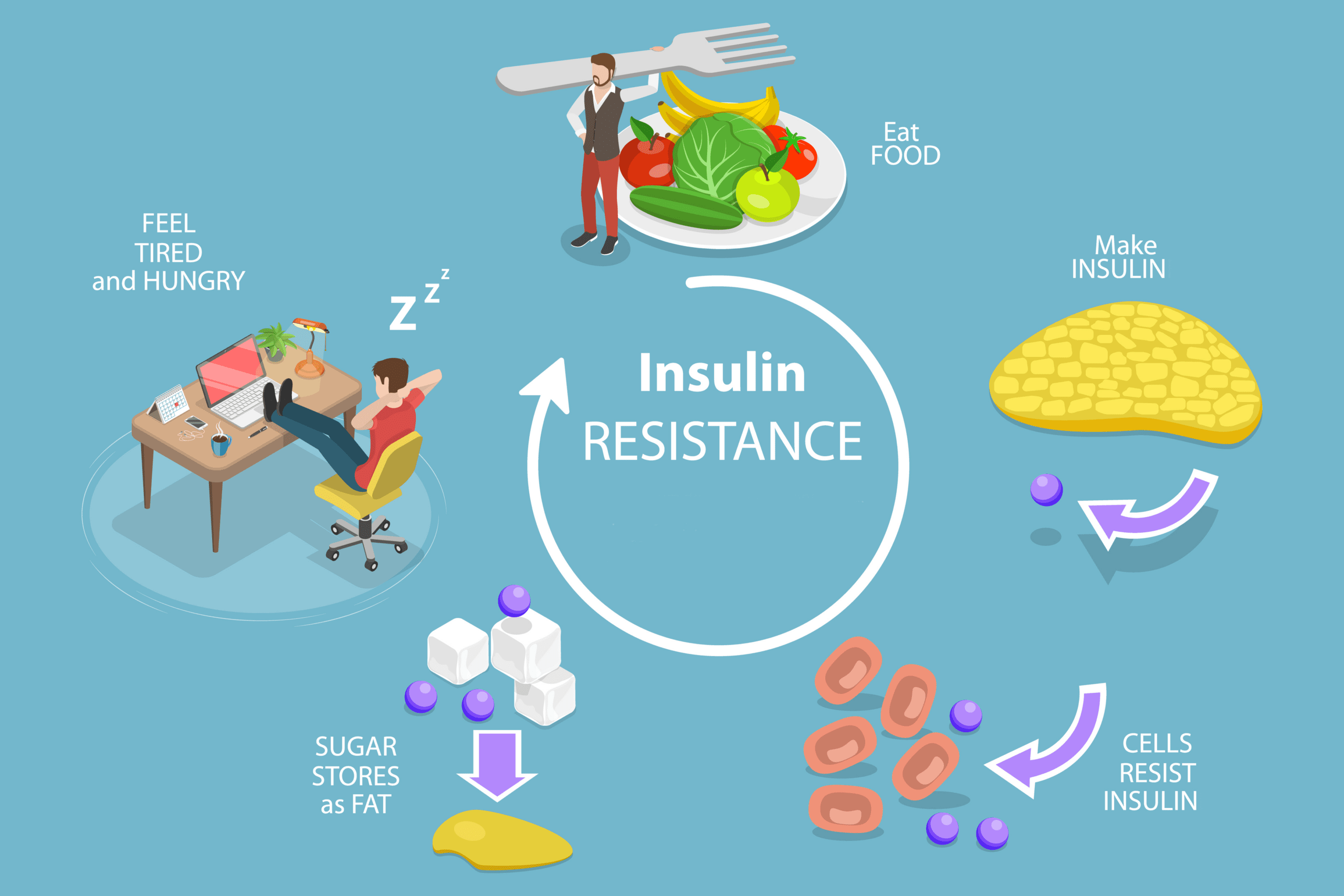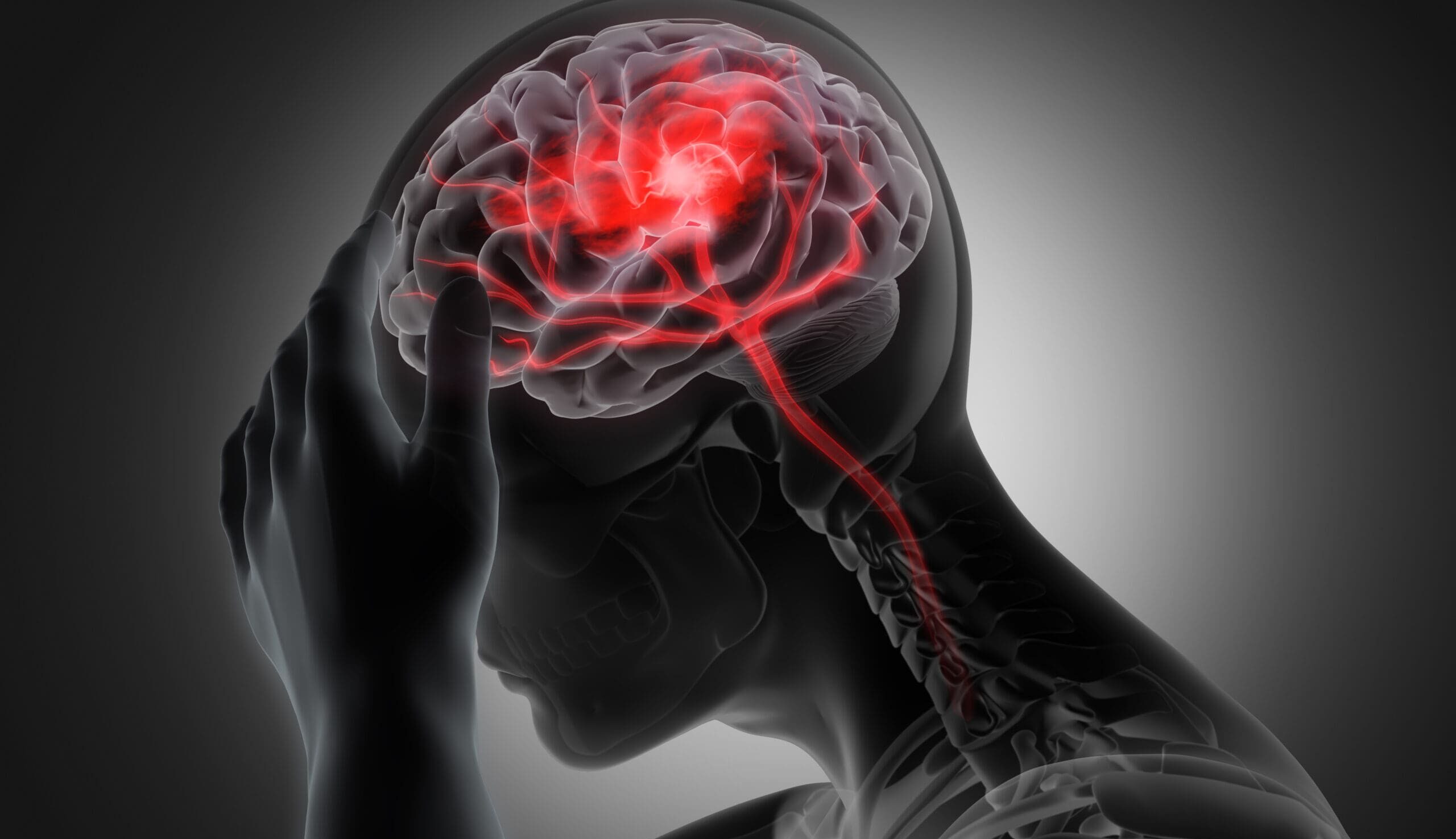Protein and weight loss
If you are someone who is wanting to lose weight, boost metabolism and reduce cravings, increasing protein intake may be the way to go. If you are overweight or obese you significantly increase your chances of dying from fatty liver related diseases, diabetes or cancer, as well as an array of other health problems. By losing weight you not only promote a longer life, but your spirits will lift, you will have a more positive outlook on life, food will taste better, you’ll give your libido a boost, and cognitive function will improve. So how does protein contribute to weight loss?


Here are some of the benefits of protein:
1. Eating protein promotes fullness
People tend to eat less when they have protein with every meal as protein has a two to three times greater satiety value than carbohydrate or fat. Compared to fat and carbohydrates, protein generates the greatest release of the gut hormone called PYY. This hormone lowers hunger and also improves your body’s reaction to the hormone leptin, which lessons appetite and controls your body fat stores. It’s especially important to have protein with breakfast as it reduces cravings for sugar and high carbohydrate foods later in the afternoon and in the evening.
2. Protein has a greater thermic effect than fat or carbohydrate
The thermic effect of food refers to the energy required to digest, absorb, assimilate, and store nutrients. In other words, protein requires more energy than fat or carbohydrate to be digested. Research indicates that after a meal, energy expenditure by your body increases zero to three percent for the metabolism of fat, five to ten percent for carbohydrate and an astounding 20 to 30 per cent for protein! In comparison to the other macronutrients, protein burns by far the most energy. This makes protein an essential component to a healthy diet.
3. Protein doesn’t cause a spike in blood sugar levels
By increasing protein intake, you can stabilise blood sugar levels and lower insulin resistance. Insulin is a hormone that is released when we eat carbohydrates, and its role is to get glucose inside cells to burn it for energy. Insulin resistance occurs in individuals who consume too many carbohydrates which causes too much insulin to be produced until eventually the cells of your body start to ignore it and glucose is converted into fat. Having a good quality protein with each meal can balance blood sugar and reduce the chances of developing hypoglycaemia or cravings for sugar/carbohydrates.
4. Protein builds muscle
Protein is the building block of our muscles as well as supporting your body to build healthy tissues and cells. Protein is especially important after exercise as muscle tissue is purposefully damaged from weight training in order for muscles to repair and grow back stronger. Studies have proved that consuming a diet high in protein can preserve lean body mass in both obese individuals and athletes, and also improve overall body composition. Individuals with more muscle have a faster metabolism, therefore if you are wanting to lose weight it is essential to get enough protein.
So how much protein do we need exactly?
It’s difficult to specify an exact amount as each individual has different protein needs depending on their body weight, gender, age, and exercise level. Not to mention, extra protein is required during periods of childhood and adolescence, pregnancy and breastfeeding, or following illness or surgery. A good way to guarantee you’re consuming enough protein is to try and have a form of protein with each meal. Sources of good quality protein include lean meat, chicken, eggs, seafood, whey protein, nuts, seeds, beans and lentils.
















Leave A Comment